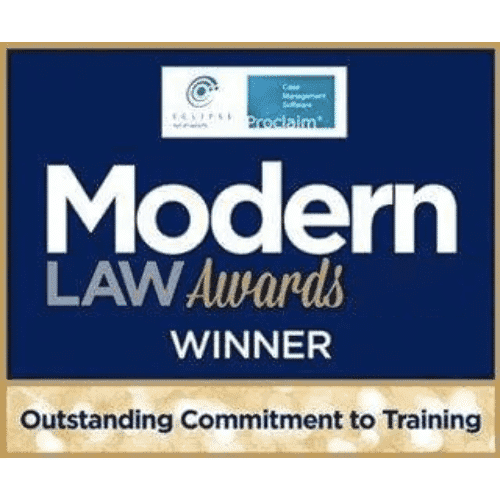Conveyancing Solicitors in Cambridge
Cambridgeshire Conveyancing Solicitors
Cambridge is a town in north of London, England which is known for its beautiful architectures and the popular Cambridge University. If you are looking to buy a property in Cambridge then ensure to take legal assistance from our top-rated conveyancing solicitors. Cambridge is one of the most popular cities in the UK. It is a university city and a country town of Cambridgeshire, England. The population of this city is 158,434, including 29,327 students. The University of Cambridge, the main attraction in this city, was established in 1209. The university buildings like Cambridge University Library and Cavendish Laboratory are important landmarks. The city is the heart of technology in the UK, with software and bioscience industries dominant. At least 40% of the population in Cambridge comprises a workforce with higher education. The average property price in Cambridge is £404,205. Buying a property like a building or new home in Cambridge is such an investment you can make. Some of the coolest places to live here include De Freville Avenue, Chesterton, and the Trumpington Road. There are plenty of property conveyancing service providers in Cambridge who are always willing to help you move your property based on the conveyancing regulations in the UK. AVRillo is one of the top ones. Need immediate help? Call our property conveyancing solicitors in Cambridge on tel:0208 370 3877




















